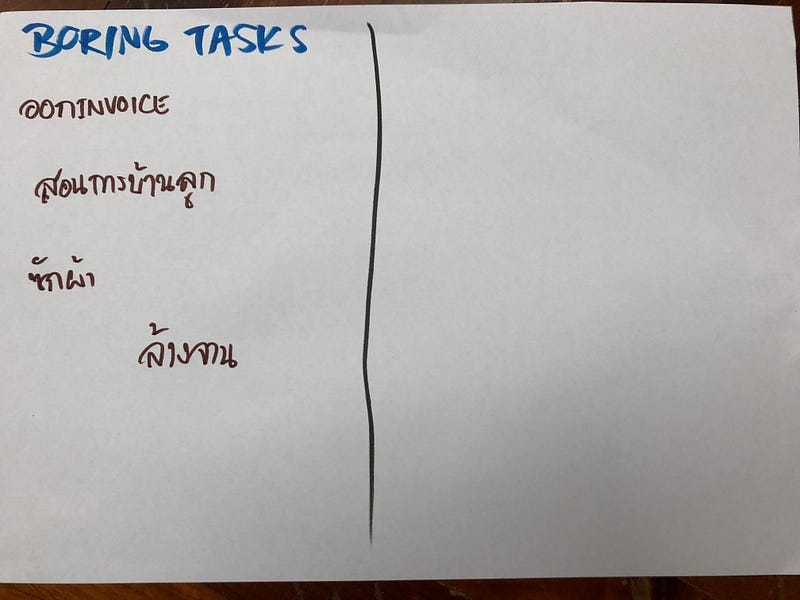Is your current mental model useful?
Mental models are underlying assumptions. Many different behaviors and decisions could be traced back to different mental models. However, when we start to argue whose mental model is right or wrong, it usually leads nowhere.
Make it explicit
In order to be able to talk about different mental models, the first step is always to make them explicit.
As a coach, one powerful question that I often ask ScrumMasters and managers is "what slows us down in our product development?". Unfortunately, every now and then, I hear some responses along this line - people are inherently demotivated, people slack off, etc. Then, I ask further, "what makes you think so?". It would trigger more reflection, and eventually the realization of different underlying assumptions - theory X vs. theory Y. Theory X assumes that "people have little to no ambition, shies away from work or responsibilities, and is individual-goal oriented." Theory Y assumes that "people are internally motivated, enjoy their labor in the company, and work to better themselves without a direct 'reward' in return."
I have been practicing and teaching systems thinking to understand the organizational dynamics. "Systems thinking is mental models made explicit." We can only question and modify our mental models after they are explicit. When we narrow down the disagreement on one causal link or loop, we make progress. In fact, "fundamental attribution error" in social psychology describes our tendency to blame the person rather than the system. Thus, when practicing systems thinking, we already exert a different mental model - believing that system structure shapes the behavior.
Is it useful?
For people holding theory X or theory Y, they both think that their mental models are valid. They are proven by their own experience. An insight from the book "Systems thinking for social change" is that it is more productive to ask if current beliefs are useful or not? Do they help achieve the purpose or enable to move forward?
Coincidently, when hearing about the response indicative of theory X such as people are inherently demotivated, I often ask that "what can you do?". This is essentially the same as "is it useful to think so?". Based on theory X, there are a few options and possible consequences.
- Increase command & control, you see the speed-up, at least for a while. Over time, it slacks off and you have to tighten up again. Even worse, when you overlook things, you become single point of failure.
- Work with manager and HR to increase the salary and bonus to motivate people. It may help to some extent. It may also create more problems such as perception on fairness, unrealistic expectation, etc.
- Work with manager and HR to get rid of some members who do not "deserve" autonomy. It may help to some extent. It is also likely that new members do not "deserve" autonomy either.
If the above does not help you move forward, it would be more useful to challenge your own assumption and see different possibilities. What if the problem does not lie in people, but in system. Then, you may learn systems thinking and its tools, and start to develop alternative views.
System goal
Usefulness is related to system goal.
If you only seek for short-term result and your domain is relatively simple, command & control with the assumption that people need to be supervised and controlled may be useful. If your goal is to maximize resource utilization, single specialization with the assumption that it is too costly for people to learn new skills may be useful. However, when your goal changes, your mental model presents itself as an obstacle.
I visited an organization recently. With the growth, they are on the spiral of developing narrower and narrower specialization. When examining the goal of the growth, I found that they would like to deliver more. Why do they develop the narrow specialization? The underlying assumption is that specialization helps delivery efficiency, thus, the further specialization would lead to more efficiency. Does it serve the goal in reality? No, they actually find it harder and harder to deliver, due to bottleneck areas. With the current mental model, the way to solve it is to add people in those areas. Unfortunately, the bottleneck areas keep changing. It is simply not feasible for them to keep going. So, it is the time to reevaluate current mental model and seek alternative views.





